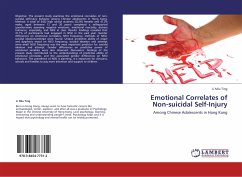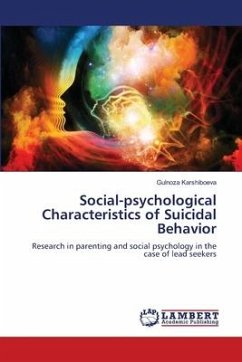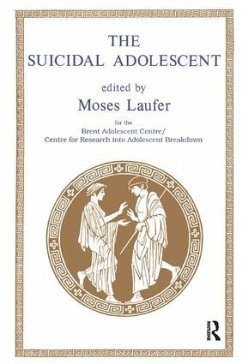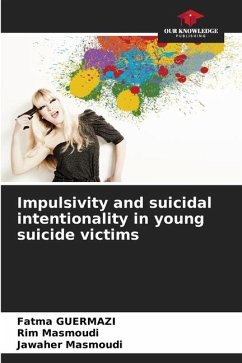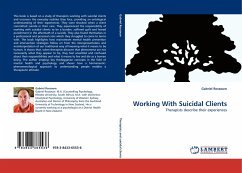
Working With Suicidal Clients
Therapists describe their experiences
Versandkostenfrei!
Versandfertig in 6-10 Tagen
45,99 €
inkl. MwSt.

PAYBACK Punkte
23 °P sammeln!
This book is based on a study of therapists working with suicidal clients and uncovers the everyday realities they face, providing an ontological understanding of their experiences. They were shocked when a client committed suicide in their care. They experienced the responsibility of working with suicidal clients to be a burden, suffered guilt and feared punishment in the aftermath of a suicide. They also found themselves in a professional and personal crisis which they struggled to come to terms with. The book highlights how mainstream mental health prevention and intervention strategies fol...
This book is based on a study of therapists working with suicidal clients and uncovers the everyday realities they face, providing an ontological understanding of their experiences. They were shocked when a client committed suicide in their care. They experienced the responsibility of working with suicidal clients to be a burden, suffered guilt and feared punishment in the aftermath of a suicide. They also found themselves in a professional and personal crisis which they struggled to come to terms with. The book highlights how mainstream mental health prevention and intervention strategies follow on from the misrepresentation and misinterpretation of our traditional way of knowing what it means to be human. It shows that, when therapists discover that phenomena are not necessarily what they appear to be, they feel unsettled and confused about their responsibilities and what it means to live and die as a human being. The author employs key Heideggarian concepts in the field of mental health and psychology and shows how a hermeneutic-phenomenological approach to understanding people enables a therapeutic attitude.






